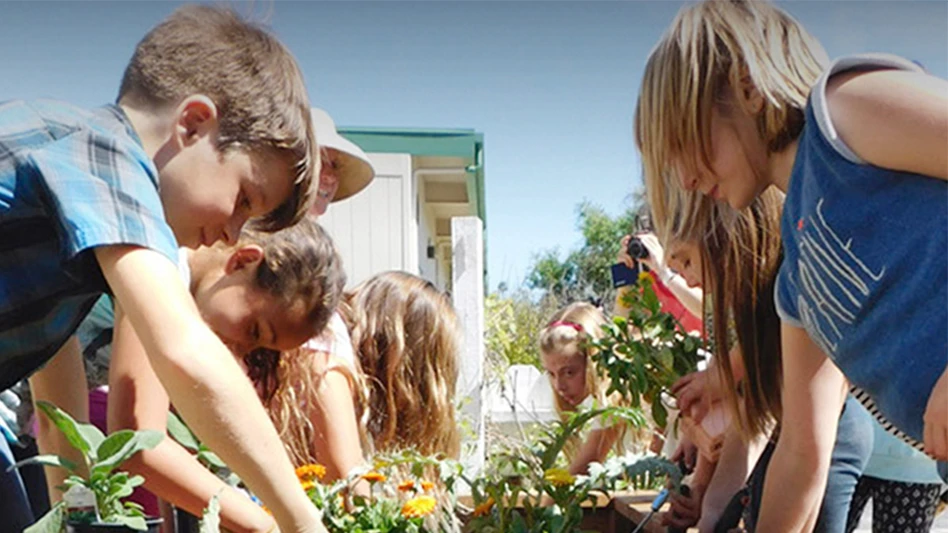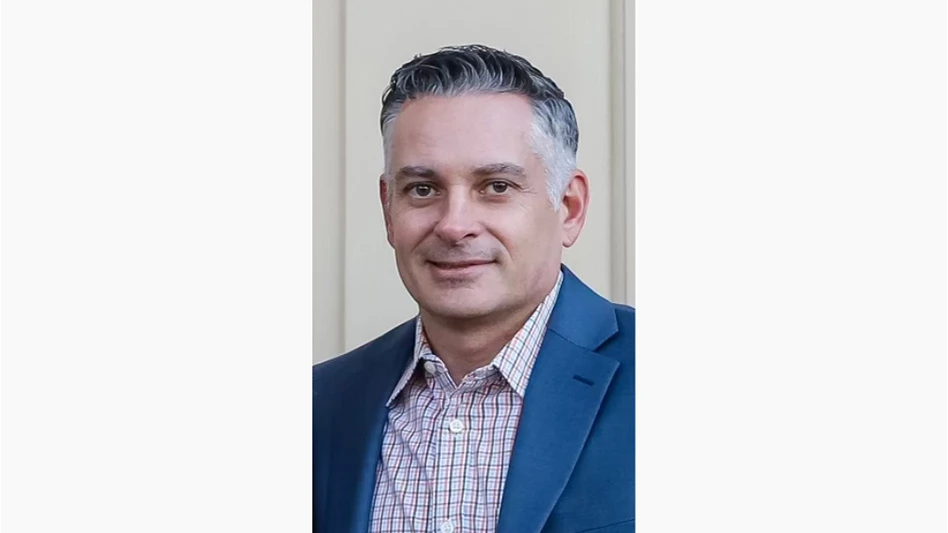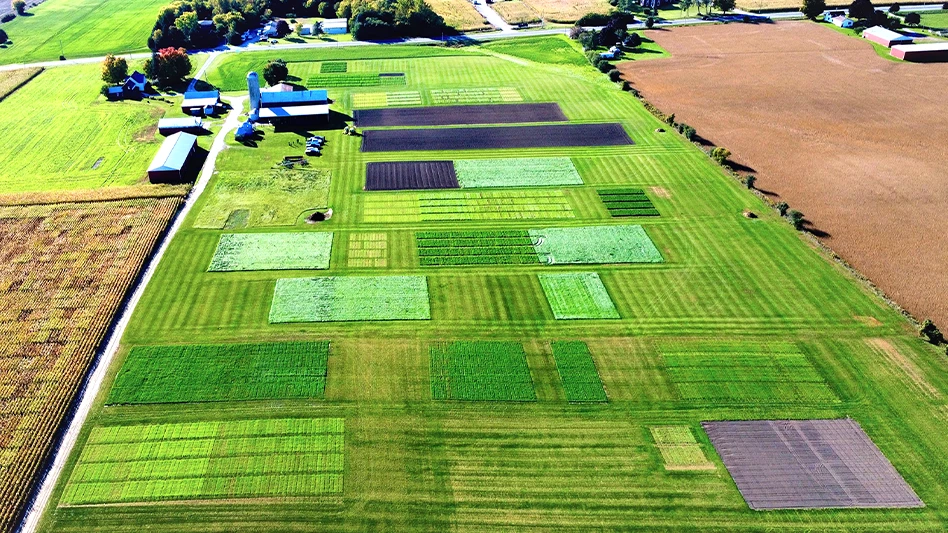

There is no single definition for what makes a family. Blood? Friendship? Passion? Colleagues? Family is what you make it. Ernie Pock makes his just about everybody.
Pock is the longtime director of agronomy at Grayhawk Golf Club in Scottsdale, Arizona — he’ll celebrate 24 years in March — and is part of a biological family that has a considerable footprint across the Valley: His great-grandfather, father, brother, second cousin and third cousin are all former golf course superintendents. His great-grandfather, Jay Woodward, helped build the second nine at Arizona Country Club following World War II. His father, Mike Pock, helped build seven courses, including both Raptor and Talon at Grayhawk, and his brother Jay Pock was a superintendent for more than 20 years. His second cousin Mark Woodward is a former GCSAA president and CEO. Three family members are Arizona Golf Hall of Famers.
Pock considers so many people at the 36-hole Grayhawk to be family, too. Among his maintenance team of 50, about one-third have worked at the club for more than 15 years. Talon superintendent Victor Ramirez and second assistant Fernando Calzada have both worked on the property even longer than Pock. Equipment manager Eduardo “Lalo” Ayala has logged more than 20 years. So have operators Marcos Antonio and Carlos Gregorio “Cholango” Arias.
So much of that stability started at the top: Grayhawk founders Gregg Tryhus and Del Cochran “allowed me to do my trade and my craft, and I passed that down to my team and let them run with it,” Pock says. “They gave me the freedom to either kill or cure — I got that from my dad: Either we’re going to kill it or we’re going to cure it, but we’re going to find something — and they allowed me to do a lot of research.” Arcis Golf purchased Grayhawk last summer, marking a new chapter for the 30-year-old club. Pock expects the family feel — and the freedom to do whatever the courses need — to remain.
A big part of the research Pock has explored over the last quarter of a century has focused on the annual transition from ryegrass throughout the winter to Tifway 419 Bermudagrass fairways, tees and greens, and MiniVerde greens the rest of the year. Pock describes it as his biggest agronomic challenge.
“It’s an ebb and flow when we’re trying to tip the scales on which grass to have perform better,” Pock says. “It’s tricky. You want to feed the Bermudagrass in the spring to get it to come through the rye, but once you do that the ryegrass blows out of the ground and you can’t keep up with your mowing. It’s a double-edged sword.”
Pock uses a variety of products throughout that process, most frequently SePRO Legacy and Musketeer plant growth regulators. He normally applies Legacy four times throughout summer, about every 20 days, when Bermudagrass has grown in. He experimented with Musketeer last summer, “and it performed well too.”
“We used to not have play in the summer months,” Pock says. “No one was staying around because it was too hot. Now, we have to have some type of playing conditions, so we’re trying to figure out ways to create the playing surface our customer will spend money on. It’s a unique situation that we have. It’s just the cost of doing business. If we don’t have ryegrass and striped fairways at this time of year, we’re not getting the revenue we need to get through the slow times of summer.”
At the suggestion last summer of SePRO technical specialist Marc Snyder, a longtime superintendent around the Valley, Pock also applied what was initially planned as a trial of SePRO Cutless MEC plant growth regulator. “We started about August 1,” Pock says. “About 10 days after applying it, I started twisting his arm to get more.”
Anything to help ease that process, Pock says: “Our transitions are challenging enough from Bermuda to ryegrass, so whatever we can do to alleviate that Bermudagrass from being a little bit regulated, I try to do.”
Because, just like the flexible definition of family, there is no one definition — no single solution — about how to handle turf. Pock has learned that from plenty of family.
Get curated news on YOUR industry.
Enter your email to receive our newsletters.
Explore the January 2024 Issue
Check out more from this issue and find your next story to read.
Latest from Golf Course Industry
- The Fittest Podcast in Turf: Episode 1
- GCSAA announces Grassroots Ambassador Leadership Award recipients
- Reel Turf Techs: David Gummo
- PBI-Gordon promotes two to executive level
- VIDEO: A First Green morning
- Bloom Golf Partners adds HR expert
- Seeking sustainability in Vietnam
- Kerns featured in Envu root diseases webinar






